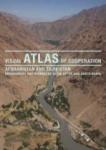 Zoï has contributed to UNECE water assessments and helped facilitate implementation of UNECE and United Nations conventions in Central Asia. Based on its previous work with Afghanistan, Zoï was invited to assist in the facilitation of the Afghan-Tajik cooperation process. In the development of this atlas, Zoï’s special talents for presenting environmental issues visually have been of particular value.
Zoï has contributed to UNECE water assessments and helped facilitate implementation of UNECE and United Nations conventions in Central Asia. Based on its previous work with Afghanistan, Zoï was invited to assist in the facilitation of the Afghan-Tajik cooperation process. In the development of this atlas, Zoï’s special talents for presenting environmental issues visually have been of particular value.
Economic development and natural resource management are top priorities for cooperation between the Islamic Republic of Afghanistan and the Republic of Tajikistan. For both countries the adequate knowledge and sharing of information about natural resources and hazards are important.
With 100 photos and 50 maps and graphics based on official sources and original research, this well-illustrated atlas presents information at the river basin – as opposed to the national – level, and portrays challenges from the regional rather than the country perspective. With the objective of supplementing information already available in each of the countries, the atlas is designed to help local policymakers and experts as well as readers outside the region, donors and the international community understand the basin’s natural resources, common needs and priorities. It starts with brief introductions to the countries, illustrates the Amu Darya River basin as a part of the Aral Sea basin and provides details on the Upper Amu Darya.

 Resource efficiency
Resource efficiency Disasters
Disasters Environmental governance
Environmental governance Harmful substances
Harmful substances Ecosystems management
Ecosystems management
 Global
Global Eastern Europe
Eastern Europe Caucasus
Caucasus Central Asia
Central Asia Balkans
Balkans Mediterranean
Mediterranean
 THINK!
THINK! TELL!
TELL! ACT!
ACT! TEACH!
TEACH!




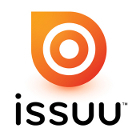

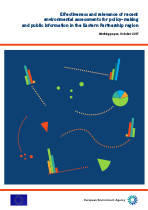

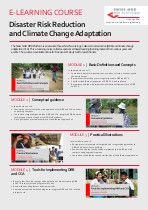




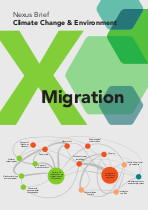



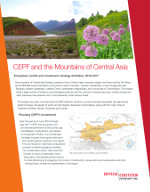









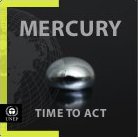


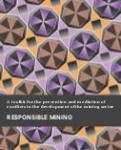
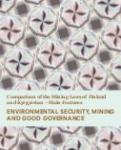
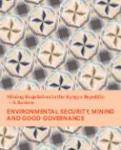

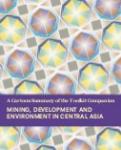
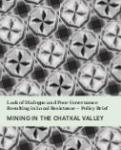
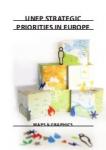
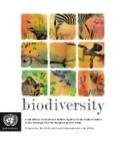

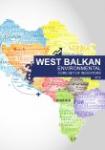
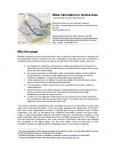 Reliable information about the environment and in particular water resources is required for the sustainable future of Central Asia. This paper was presented at the UNECE workshop “Managing water information in Central Asia” in December 2011 in Kazakhstan.
Reliable information about the environment and in particular water resources is required for the sustainable future of Central Asia. This paper was presented at the UNECE workshop “Managing water information in Central Asia” in December 2011 in Kazakhstan.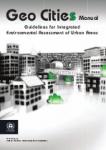

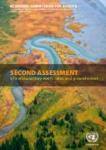
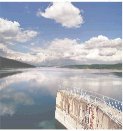
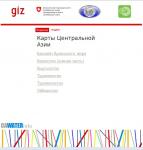 Maps of Central Asia: Aral Sea basin, Kazakhstan (south part), Kyrgyzstan, Tajikistan, Turkmenistan, Uzbekistan.
Maps of Central Asia: Aral Sea basin, Kazakhstan (south part), Kyrgyzstan, Tajikistan, Turkmenistan, Uzbekistan. Zoï helps the EMPIS-SEIS (European Neighborhood Policy Instrument - Shared Environmental Information Systems) National Focal Points prepare the Country Reports and associated action lists. These assessment reports describe the existing institutional cooperation in the partner countries in the field of water resources, atmospheric air, soil and biodiversity protection and waste management, assesses current environmental inter-institutional cooperation in these priority fields and identifies the country's capacity for taking SEIS implementation forward.
Zoï helps the EMPIS-SEIS (European Neighborhood Policy Instrument - Shared Environmental Information Systems) National Focal Points prepare the Country Reports and associated action lists. These assessment reports describe the existing institutional cooperation in the partner countries in the field of water resources, atmospheric air, soil and biodiversity protection and waste management, assesses current environmental inter-institutional cooperation in these priority fields and identifies the country's capacity for taking SEIS implementation forward.
 Dniester Basin GIS (Geographic Information System)
Dniester Basin GIS (Geographic Information System)




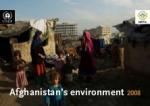 This report is the First State of Environment (SOE) Report for Afghanistan and provides readers with an overview of the key environmental issues, factors and drivers of environmental change in Afghanistan, and highlights the latest achievements and prospects ahead.
This report is the First State of Environment (SOE) Report for Afghanistan and provides readers with an overview of the key environmental issues, factors and drivers of environmental change in Afghanistan, and highlights the latest achievements and prospects ahead. 



